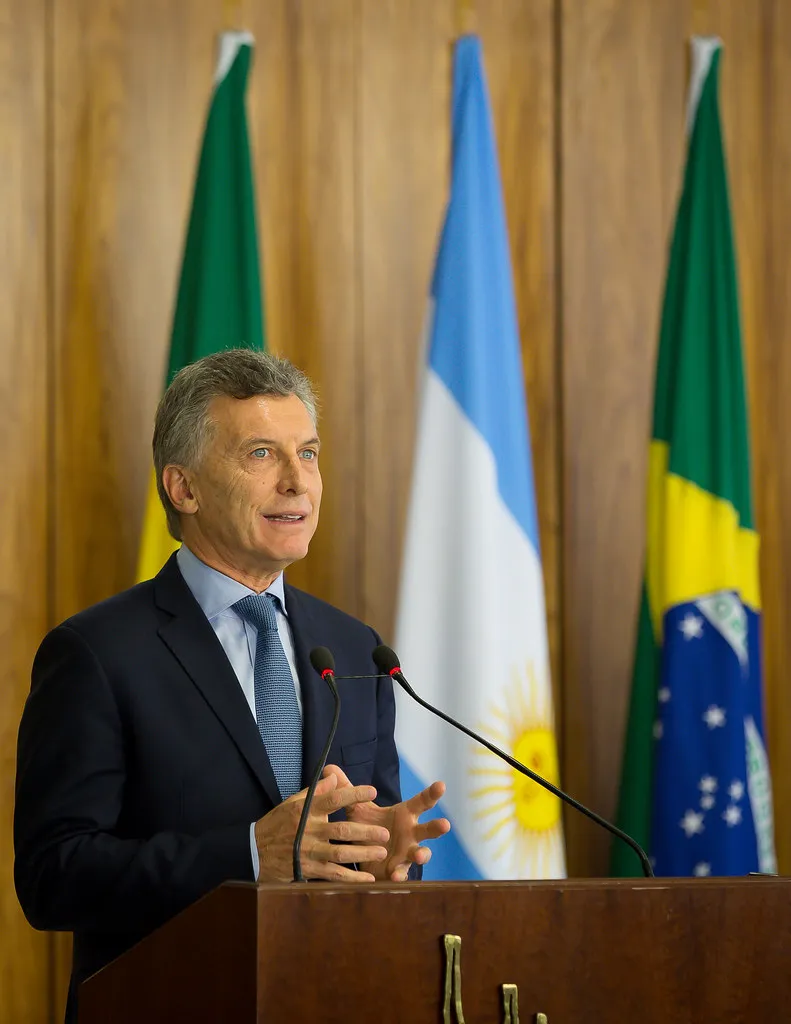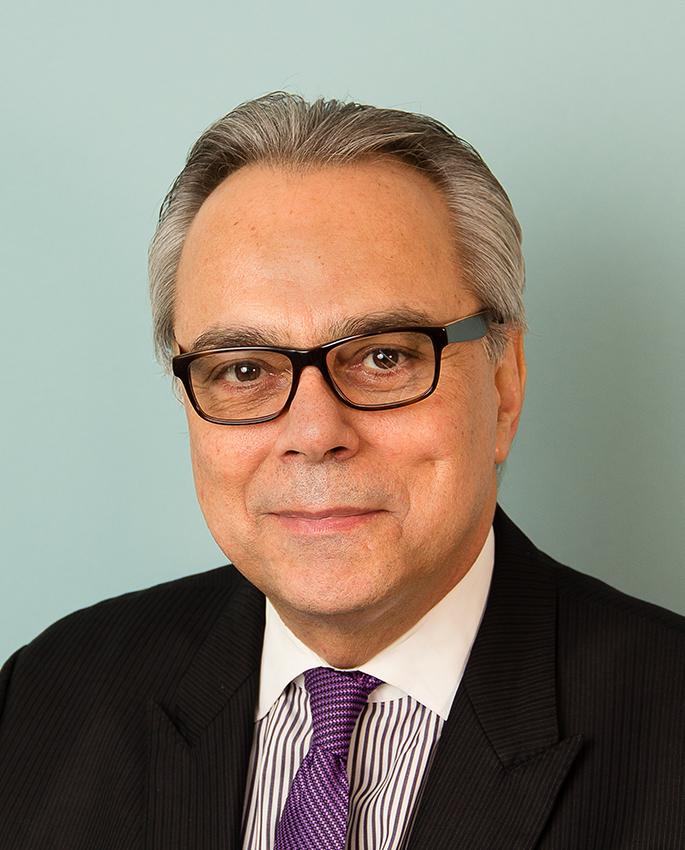
Disclaimer: Views expressed in this commentary are those of the staff member. This commentary is independent of specific national or political interests. Views expressed do not necessarily represent the institutional position of International IDEA, its Board of Advisers or its Council of Member States.
Este comentario está disponible en Español.
Argentina is heading towards its October presidential election amidst a profound economic, political, and social crisis.
From Wednesday, 24 April to Friday, 26 April, the economy experienced its worst financial week as the result of two factors: first, the growing lack of confidence affecting President Macri´s administration, and second, the fear of a possible return of Cristina Fernández de Kirchner (CFK) to the presidency.
During these days, the markets were highly volatile: the dollar experienced an abrupt jump, trading above 47 pesos, while the country risk also experienced a significant increase, closing at 968. This situation triggered all the alarms and generated the fear that Argentina was, once again, on the edge of an abyss.
This forced the government to adopt, with extreme urgency, a series of decisions aimed at controlling the situation. During the course of this week, the combination of the measures implemented by the government, (reinforcement of the contractionary bias of the Central Bank's monetary policy and an increase in interest rates to 73 per cent), and the IMF's strong support for them, they managed to bring some calm to the markets, causing a slight drop in both the dollar and country risk. Macri needs to control the dollar and stabilize the peso in order to stabilize his candidacy and increase his chances of being re-elected.
Despite this, the economic and social situation continues to be complex and volatile. The World Bank projects a fall in activity of 1.3 per cent in 2019. Social indicators are equally worrying: 34 per cent of poverty, 9.1 per cent of unemployment and a significant loss of purchasing power of salaries (11 per cent in the last year). To this we must add that the inflation of March was unexpectedly high, 4.7 per cent, which forced the government to adopt new measures ("essential and basic prices" for products of primary necessity, freezing of tariffs and granting of new loans to citizens), all of them aimed at giving a respite to the population for the next six months and to improve Macri's chances of reelection.
More polarization, more rift
This complex scenario constitutes the prelude to the presidential and legislative elections, to be held next 27 October, and with respect to which there is no certainty about who will be the leading candidates. In case a run-off is needed to define the presidency, it will be held on 20 November.
To date only President Macri has confirmed his candidacy. Even so, there are strong rumors (which the government refutes daily) suggesting that if the economy continues to worsen, the president could be forced to set in motion was is called “Plan V”: yield his candidacy to María Eugenia Vidal, Governor of the province of Buenos Aires, who currently has a better image and numbers than Macri’s own.
On the other hand, CFK is keeping her followers on edge. All indications are that she will be a candidate, especially now that she has moved to the top in the vast majority of the polls, despite the multiple trials she has before the courts for cases of corruption. Some believe she’ll make it official next 9 May, during the presentation of her book “Sinceramente.” Yet other analysts speculate about the possibility of a “historic stepping down” (“renunciamiento histórico”) with the objective of supporting the unification of peronismo and pulling together a sufficiently broad opposition front to guarantee a victory over Cambiemos.
Nor is it clear whether the October elections will be a highly polarized contest between Macri and CFK or if, to the contrary it will be a space for a third more moderate candidate to come forward, such as the former minister of economy Roberto Lavagna or the leader of the Frente Renovador, Sergio Massa. And while this third option, based on current polls, has emerged late and poorly positioned, it cannot be completely discarded.
In summary: Macri, a weak president, with low approval ratings, confidence that is increasingly crumbling, going through the worst moments of his presidency, is seeking re-election in a highly polarized society and with an economy beset by bad news. In these conditions, and above all if inflation stays high and the economy continues to deteriorate, his possibilities of a second consecutive term will be seriously cast in doubt.
In my opinion, Macri could get burned from playing with fire. His electoral strategy forces him to polarize with CFK, so as to whip up fear in society about a return to the past. Yet that fear, which apparently would benefit him electorally (less and less, according to the latest polls), is making the economic front difficult for him to deal with. Despite this risk, the ruling party continues to gamble on a contest between Macri and CFK, based on a premise that was just expressed with brutal sincerity by the president’s electoral guru, Jaime Durán Barba: “In a contest between the lesser of evils, we clearly win.” To put it bluntly, the October contest will not be to elect the best, but to choose the lesser evil.
According to a recent poll by Isonomia, if a second-round vote were held today between Macri and CFK, he would lose by 9 points (45 per cent to 36 per cent). By way of contrast, the government has other numbers. According to a survey by Demos Consulting this week, Macri would defeat CFK both in first and the second rounds of election. Yet the elections are six months away and experience counsels prudence when it comes to the predictive capacity of polls conducted so far ahead of the election.
As we can see, the problem is political—there is lack of confidence in Macri and fear of CFK´s reurn—and the consequence is economic. In this context of a perfect storm, characterized by the high degree of political uncertainty and the high economic volatility, with more than 40 per cent of voters still undecided, all scenarios are plausible.
Macri is placing his hopes in the citizenry ending up excusing his poor economic management so as to avoid a return to populism. Whereas CFK associates Macri with chaos, and is gambling on the crisis ultimately undermining the president’s chances of re-election. While Macri and CFK continue to deepen polarization, in Argentina, things are going from bad to worse.
A version of this article was originally published in CNN Español.




